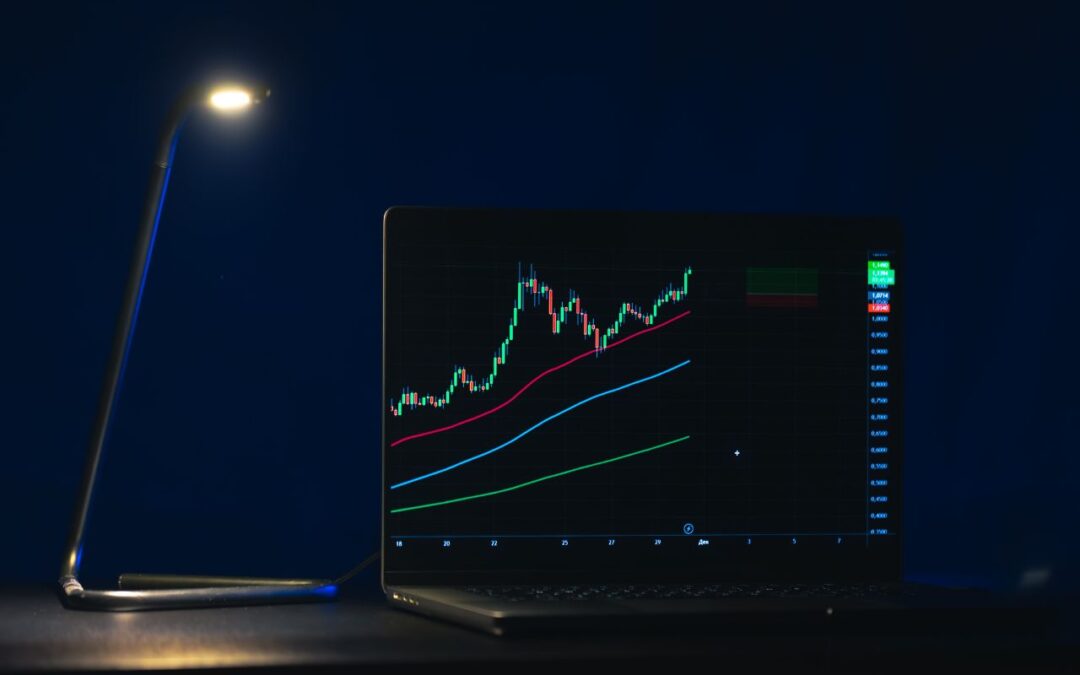Prediction markets have become an increasingly becoming a very important policy tool in data science. These markets utilize the “wisdom of crowds” to forecast the outcomes of impending events—from elections to sports results, economic indicators to Germano-Technologic improvements.
By harnessing human opinion and rewarding accurate predictions, a prediction market can create better insights than a traditional opinion poll or expert analysis.
This article attempts to shed light on the description of prediction markets, how prediction markets work, and their rise to prominence with new entrants like Zephyr Digital emerging in this field.
Definition of Prediction Markets
At the base, prediction markets are markets in which people buy and sell shares against the outcome of some event. Each share corresponds to a belief in some particular future outcome. The shares pay a fixed amount (usually $1) if the outcome occurs; otherwise, they pay nothing.
The shares’ price changes with demand, so prices reflect the aggregation of market participants’ beliefs as to the probability of that particular outcome.
For instance, shares claiming that “Candidate A will win the election” may trade at $0.70. The market consensus is 70% probable that Candidate A will win. Market participants who feel this is an over- or underestimation can act accordingly.
Working of Prediction Markets
Prediction markets operate similarly to financial markets in the sense that participants trade on future events instead of stocks or commodities. They require the following components:
- Events: Clearly defined future occurrences such as “Will it rain in London on June 1st?” or “Will the GDP growth rate exceed 3% this quarter?”
- Shares: Contracts that pay out if the event occurs. Traders can buy “yes” or “no” shares.
- Market prices: The current price reflects the probability of the event happening.
- Settlement: The resolution of the market and payout to participants once the event’s outcome becomes publicly known.
Markets rely on two key assumptions: that people are willing to bet money on their judgment and that market prices serve as accurate proxies for collective probability judgments.
Prediction Market Applications
Prediction markets are not just theoretical tools—they have practical, real-world applications across a variety of fields:
- Politics: Markets can serve to forecast election results more accurately than polls. In the past, they have consistently proven their capacity to be less biased and quicker to adverse change information-theoretic possibility.
- Finance: Investors use markets to gain insight into economic indicators, interest rates, inflation forecasts, and other financial metrics.
- Corporate Strategy: Companies use internal prediction markets to forecast product launch dates, gauge project risks, or evaluate business decisions.
- Sports and Entertainment: Prediction markets are used by fans and analysts to bet on the outcomes of games, box office returns, or award selections.
- Science and Research: Some universities and think tanks attempt to use prediction markets to forecast the outcomes of research programs or policy developments.
Benefits of Prediction Markets
The greatest ability of a prediction market is to consolidate distributed knowledge. While an individual expert might hold deep knowledge in a single arena, a group of experts—and fellow informed participants—often can assimilate several perspectives into a more accurate forecast. Other benefits are
- Real-time Updating: Whenever new information arrives, the price shifts accordingly—in effect forming a continuously updated forecast.
- Incentivized Honesty: Since real money is at stake, it’s very unlikely that bias or wishful thinking would cloud one’s judgment.
- Transparency: There’s the least among all opacity polls for markets whose prices are transparent and interpretable.
- Diverse Input: Markets attract participants, thereby enhancing the diversity of information.
Challenges and Criticisms
Prediction markets, while offering hope for the future, still have their weaknesses:
- Regulatory Issues: In some countries, trading on the outcome of bets based on a prevalent real-world event is considered gambling, which raises serious legal and regulatory issues.
- Manipulation Risks: Prediction markets, just like any other market, are susceptible to manipulation, especially if the markets are thin (i.e., low volume).
- Complexity and Accessibility: For investors, it looms huge and is pretty confusing to get involved in trading contracts that pertain to abstract events.
- Ethical Concerns: It smacks of irresponsibility to gamble on sensitive matters like pandemics, natural disasters, or deaths.
However, these barriers are increasingly disappearing with innovations in design, decentralized systems, and user education.
Zephyr Digital: A New Dimension for the Prediction Market
Zephyr Digital is an emerging platform shaping the future of prediction markets with modern, decentralized, and user-friendly solutions. While the older platforms are centralized and often closed, Zephyr Digital intends to democratize access to forecasting markets with a lens on transparency, innovation, and community engagement.
What Sets Zephyr Digital Apart?
- Decentralized infrastructure: Due to blockchain technology, Zephyr halts control by a single authority, thus diminishing manipulation risks and fostering trust.
- Community-created markets: Users can propose new prediction markets, thus keeping the platform relevant and diverse in its offerings.
- Token incentives: Predicting well, just participating, or even proposing useful markets gets one rewarded with native tokens.
- User-friendly design: Zephyr boasts a sleek and intuitive design to ease the learning curve for experts and new users alike.
- Scalability: Ready for the modern Internet, the platform can absorb large amounts of activity without struggling under pressure.
Zephyr Digital Use Cases
No matter if you’re into politics, crypto analysis, or a startup founder intending to measure industry sentiment, Zephyr has the tools to meet your needs:
- Predict the outcome of upcoming elections or referendums.
- Bet on tech trends, such as the price of Bitcoin or Ethereum.
- Forecast economic indicators such as changes in interest rates or inflation targets.
- Use market signals for business decisions or investment strategies.
The Future of Forecasting
Prediction markets seem poised to go mainstream in decision-making landscapes in the coming years. The demand for real-time, crowd-powered insights will only become more severe as the world becomes interconnected and data-oriented.
Platforms such as Zephyr Digital are at the cusp of enabling this change by ushering developers into another universe in how to perceive, anticipate, and prepare for the future.
By combining the best of blockchain, game theory, and user-generated content, Zephyr isn’t just a place to trade predictions—it’s a marketplace of ideas where collective intelligence can thrive.
Conclusion
Prediction markets are far more than speculative tools—they are engines of insight, offering dynamic forecasts powered by the collective knowledge of participants. While challenges remain, the field is growing rapidly, and innovative platforms like Zephyr Digital are leading the way.
Whether you’re looking to sharpen your forecasting skills, test a hypothesis, or gain an edge on decision-making, prediction markets could very well be your next smart move.

